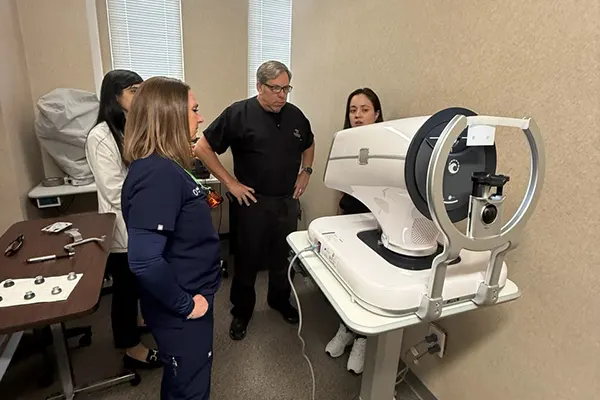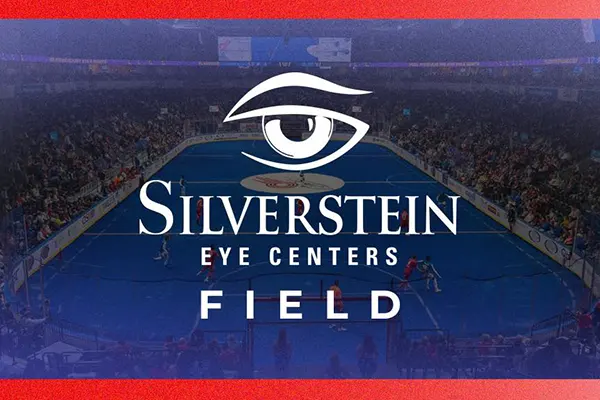Patient Experience
Before LASIK surgery you will need an initial evaluation in order to determine if you are a good candidate, and to ensure that the procedure is safe for you.
Prepare for the Exam
If you wear daily soft contact lenses, you should discontinue use three days prior to your evaluation. For extended wear or hard/gas permeable lens wearers, contact wear must be discontinued for three weeks prior to your evaluation.
You will first meet with a refractive counselor to discuss issues with your vision as well as education on the procedure. The next part of the exam will be the testing done to ensure you’re a good medical candidate. The doctor will then review the information with you. If you are a good candidate, you will return to your refractive counselor to go over scheduling, costs, or any other questions you may have.
Before Surgery:
The day of surgery, do not use:
- Creams
- Lotions
- Makeup
- Perfumes
Arrange to have someone take you to and from your surgery as your vision will be blurry immediately following your procedure.
Before surgery, anesthetic drops are used to minimize discomfort during the laser procedure. The eye lids are held open by a gentle lid speculum. The patient is comfortably lying on a bed, and simply asked to follow the blinking light. The laser treatment lasts less than one minute. Drops are instilled in the eye to help with healing and to prevent infection, and a clear protective shield is worn at bedtime for one week.
After Surgery:
You may experience fluctuating degrees of blurred vision for up to several weeks. Visual Improvement should be noticeable almost immediately, though fluctuation in clarity may last several weeks. Stability in visual clarity is usually seen within six months. Clear vision can be achieved as early as the next morning, and most patients can drive and return to work the next day after their procedure.
Tips for LASIK Recovery
- A nap is advised after surgery. Use artificial tears regularly for the first several weeks, and expect your vision to fluctuate over the first few weeks.
- Do not rub your eyes.
- Protective eye shields should be worn for the first seven nights.
- Some patients report a mild burning sensation two to four hours after LASIK surgery as the anesthetic wears off.
- Take baths instead of showers for the first 24 hours after surgery and be careful not to allow the shower to spray directly into your face for the first week. Be careful not to get soap in your eyes.
- Avoid eye makeup, smoky and dusty environments for the first week.
- Follow-up appointments will be scheduled to monitor your healing. Your vision may take between three to six months to stabilize.
- You should not drive for 24 hours after your LASIK procedure.
- You should avoid housework, particularly dusting or vacuuming to prevent dust from entering your eyes.
- It is unwise to engage in any strenuous or contact sports for the first month after your surgery. While damage to the eye is possible at any time when engaging in these activities, the risk of injury is heightened when you are recovering from surgery. Always wear protective athletic glasses while participating in contact sports.
LASIK Side Effects
Sensitivity to light is one common LASIK side effect. Light sensitivity generally subsides within the first few days after a LASIK procedure. Other common side effects are dry eyes, which can last six to twelve months, and halos or starbursts around lights at night.


